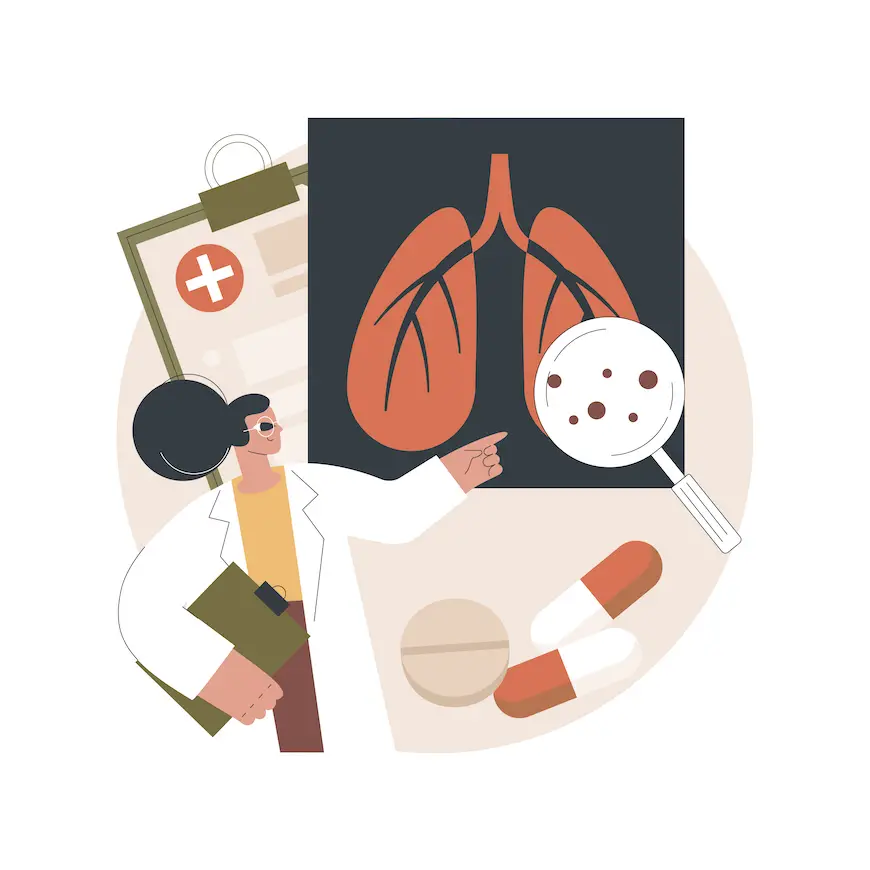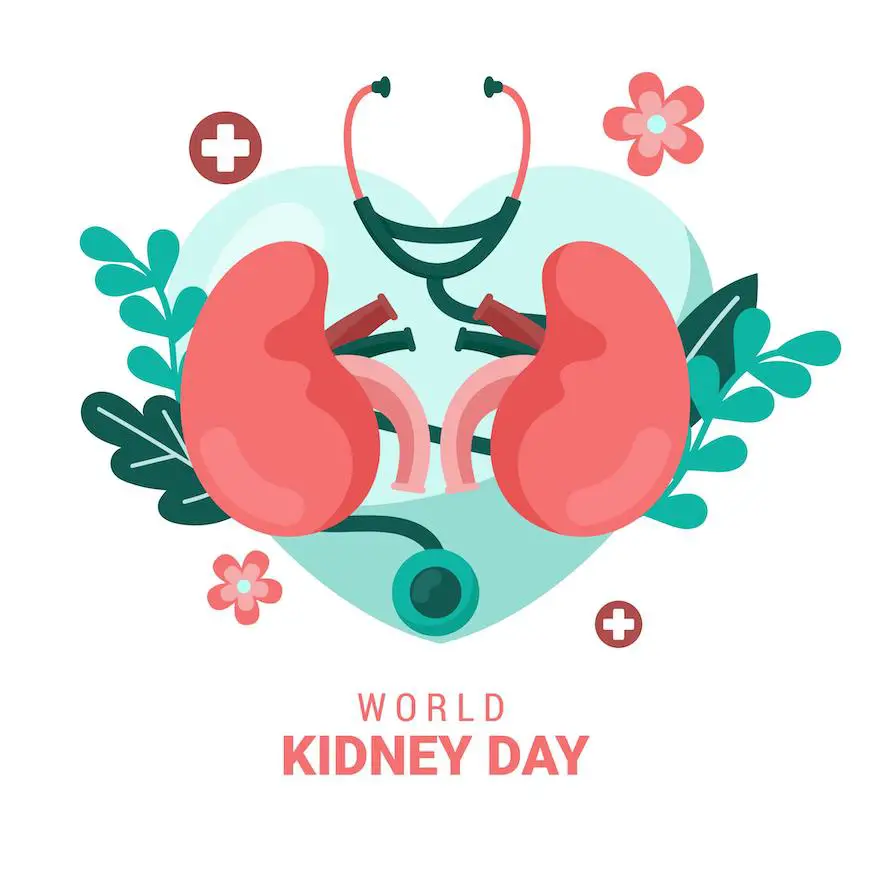Crohn’s disease is a chronic inflammatory bowel disease (IBD) that affects the digestive tract, causing pain, severe diarrhea, fatigue, weight loss, and malnutrition. Unlike other digestive disorders, Crohn’s disease can affect any part of the gastrointestinal (GI) tract, from the mouth to the anus, but it most commonly targets the small intestine and the beginning of the large intestine. This article will delve into what Crohn’s disease is, its symptoms, diagnostic tests, and treatment options to help patients manage this lifelong condition effectively.
What is Crohn’s Disease?
Crohn’s disease is an autoimmune disorder where the body’s immune system mistakenly attacks the healthy tissues of the digestive tract, leading to inflammation, ulcers, and severe discomfort. It is a relapsing condition, meaning patients experience periods of flare-ups followed by remissions. The exact cause of Crohn’s disease is not entirely understood, but researchers believe it results from a combination of genetic predisposition, environmental triggers, and an overactive immune response.
Symptoms of Crohn’s Disease
The symptoms of Crohn’s disease vary in severity and depend on the specific area of the GI tract affected. Some patients may have mild symptoms, while others may experience debilitating complications. Here are the most common signs of Crohn’s disease:
-
Gastrointestinal Symptoms:
- Persistent Diarrhea – Loose, watery stools, sometimes with blood or mucus.
- Abdominal Pain and Cramping – Severe pain, usually in the lower right side of the abdomen.
- Rectal Bleeding – Blood in the stool due to ulcers in the intestinal lining.
- Unexplained Weight Loss – Difficulty absorbing nutrients leading to malnutrition.
- Nausea and Vomiting – Particularly when inflammation causes bowel obstruction.
-
Systemic Symptoms:
- Fatigue – Due to chronic inflammation and nutrient deficiencies.
- Fever – Low-grade fevers during active disease flare-ups.
- Loss of Appetite – Discomfort and pain may discourage eating.
-
Extraintestinal Symptoms:
- Joint Pain and Swelling – Arthritis-like symptoms affecting large joints.
- Skin Rashes and Lesions – Painful, inflamed areas on the skin.
- Mouth Sores – Ulcerations inside the mouth similar to canker sores.
- Eye Inflammation – Redness, pain, and blurred vision due to uveitis.
How to Test for Crohn’s Disease?
Diagnosing Crohn’s disease requires a combination of clinical evaluation, laboratory tests, imaging studies, and endoscopic procedures. Here are the most effective diagnostic methods:
1. Blood Tests:
- Complete Blood Count (CBC): Detects anemia and infections.
- C-reactive Protein (CRP) and Erythrocyte Sedimentation Rate (ESR): Measures inflammation levels in the body.
- Vitamin and Mineral Deficiency Tests: Evaluates malnutrition caused by poor absorption.
2. Stool Tests:
- Detects blood, infections, or inflammation markers in the stool.
3. Colonoscopy with Biopsy:
- The most definitive test, allowing doctors to examine the inner lining of the colon and take tissue samples for analysis.
4. Endoscopy (Capsule Endoscopy or Upper Endoscopy):
- A small camera pill is swallowed to capture images of the small intestine.
5. Imaging Tests (CT Scan or MRI):
- Helps identify inflammation, abscesses, strictures, or fistulas in the intestines.
How to Treat Crohn’s Disease?
While there is no cure for Crohn’s disease, treatment focuses on reducing inflammation, relieving symptoms, and preventing complications. Here are the main treatment approaches:
1. Medications
Anti-Inflammatory Drugs:
- Corticosteroids (Prednisone, Budesonide): Quickly reduce inflammation but are used short-term due to side effects.
- 5-Aminosalicylates (Mesalamine, Sulfasalazine): Often used for mild-to-moderate disease control.
Immune System Suppressors:
- Azathioprine, Methotrexate, 6-Mercaptopurine: Reduces immune system activity to prevent flare-ups.
- Biologic Therapies (Infliximab, Adalimumab, Ustekinumab): Target specific proteins that cause inflammation and are effective for moderate-to-severe Crohn’s disease.
Antibiotics:
- Metronidazole, Ciprofloxacin: Used to treat infections and complications like abscesses or fistulas.
Pain Management:
- Acetaminophen is recommended over NSAIDs like ibuprofen, which may worsen symptoms.
2. Dietary and Lifestyle Changes
Nutritional Therapy:
- Low-Fiber Diet: Helps reduce irritation during flare-ups.
- High-Calorie, Nutrient-Dense Foods: Compensates for malabsorption.
- Probiotics and Prebiotics: Support gut health and digestion.
Lifestyle Modifications:
- Avoid Smoking: Increases the risk of severe Crohn’s flare-ups.
- Reduce Stress: Meditation, yoga, and exercise can help manage symptoms.
- Stay Hydrated: Prevents dehydration caused by diarrhea.
3. Surgery
- If medications fail, surgery may be required to remove damaged portions of the intestine, treat fistulas, or relieve strictures. Approximately 50% of Crohn’s disease patients require surgery within 10 years of diagnosis.
Amazon Products Useful for Crohn’s Disease
- Probiotic Supplements (e.g., Culturelle Digestive Daily Probiotic) – Helps maintain gut health and improve digestion.
- Electrolyte Powder (e.g., Liquid I.V. Hydration Multiplier) – Prevents dehydration from diarrhea.
- Meal Replacement Shakes (e.g., Ensure Plus Nutrition Shake) – Provides essential calories and nutrients for those struggling with weight loss.
- Anti-Inflammatory Herbal Supplements (e.g., Turmeric Curcumin with BioPerine) – Helps reduce inflammation naturally.
- Low-Residue, Easy-to-Digest Foods (e.g., Kate Farms Organic Peptide Shake) – Ideal for those with digestive sensitivity.
- Heating Pads (e.g., Sunbeam Heating Pad for Pain Relief) – Eases abdominal cramping and pain.
👉 Read also: 7 Reasons You Should Take a Turmeric and Ginger Every Day
Long-Term Outlook for Crohn’s Disease Patients
With proper management, many people with Crohn’s disease can lead fulfilling lives. While it is a chronic condition, early diagnosis and a personalized treatment plan can significantly reduce complications and improve quality of life.
Final Thoughts
Understanding Crohn’s disease, its symptoms, and the available treatments can empower patients to take control of their health. If you experience persistent digestive symptoms, seek medical advice to get an early diagnosis and start appropriate treatment. The right combination of medications, diet, and lifestyle changes can help manage the disease effectively, allowing for long-term relief and a better quality of life.







